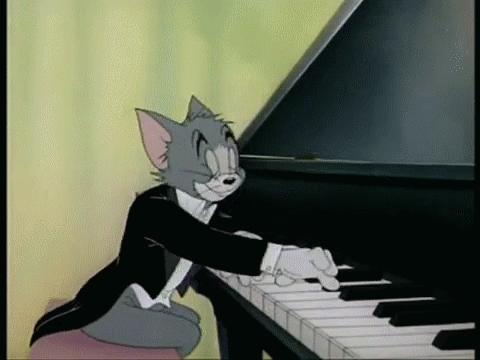The use of the conditional means that one action is dependent on another. Conditionals are used to talk about real or unreal situations. In general, conditional sentences carry the word "if". Note that there is no tense for the conditional in English as there is in Spanish. At the same time, the auxiliary verb "would" is used to form the conditional in English.
Conditional Types
- Zero Conditional: This type of conditional is used when the condition and the result are always true, such as scientific facts. Examples:
→ If I don't practice the piano everyday I play poorly.
→ If you don't call
your mom, does she get mad?
→ If you scare a snake, it bites you.
Note: We can change the order of the sentences without
changing the meaning. Also, in general with this type of conditional, we can
substitute “if” for “when” without altering the meaning.
- First Conditional: This type of conditional is used for the future and in cases where it is highly probable that the condition will pass. Examples:
→ If you get a good grade, we will buy you a book.
→ If you come for the weekend, we will go to the cinema.
→ If it doesn't rain,
we will go to the beach.
Note: Some modal verbs can be used instead of
"will" to change the probability or express an opinion. For more
information, see the lesson on modal verbs. Examples:
- Second Conditional: Type 2 is used to express an unreal possibility in the present, such as a wish or a dream, or for an action in the future that is not so probable. Examples:
→ If my best friend didn’t live so far away, I would visit you
more often
→ If she wasn't on twitch for a long time, she would learn to
speak English.
→ If Rachel had more time, she would learn to play the guitar.
Note: As in type 1, other modal verbs can be used instead of
"would" to change the meaning and possibility.
- Third Conditional: Unlike types 1 and 2, the third type of conditional is used when we talk about a condition in the past that has not happened. Examples:
→ If I had known then
what I know now, I would have done things differently.
→ If Suzanne had gone
on a diet as her doctor recommended she wouldn’t have had the heart attack.
→ If you had been able
to afford it, would you have liked to go to university?
Note: As in types 1 and 2, other modal verbs can be used instead of "would" to change the meaning and probability.
One Application To Life
Well, most of the time we apply it to give a true fact,
something that could happen like this also for something that probably happens
like that if you beat English you can get it, likewise to talk about something
that only passes through your mind, a simple dream, like when you say you want
to go to Andorra to meet your favorite streamers.










No hay comentarios.:
Publicar un comentario